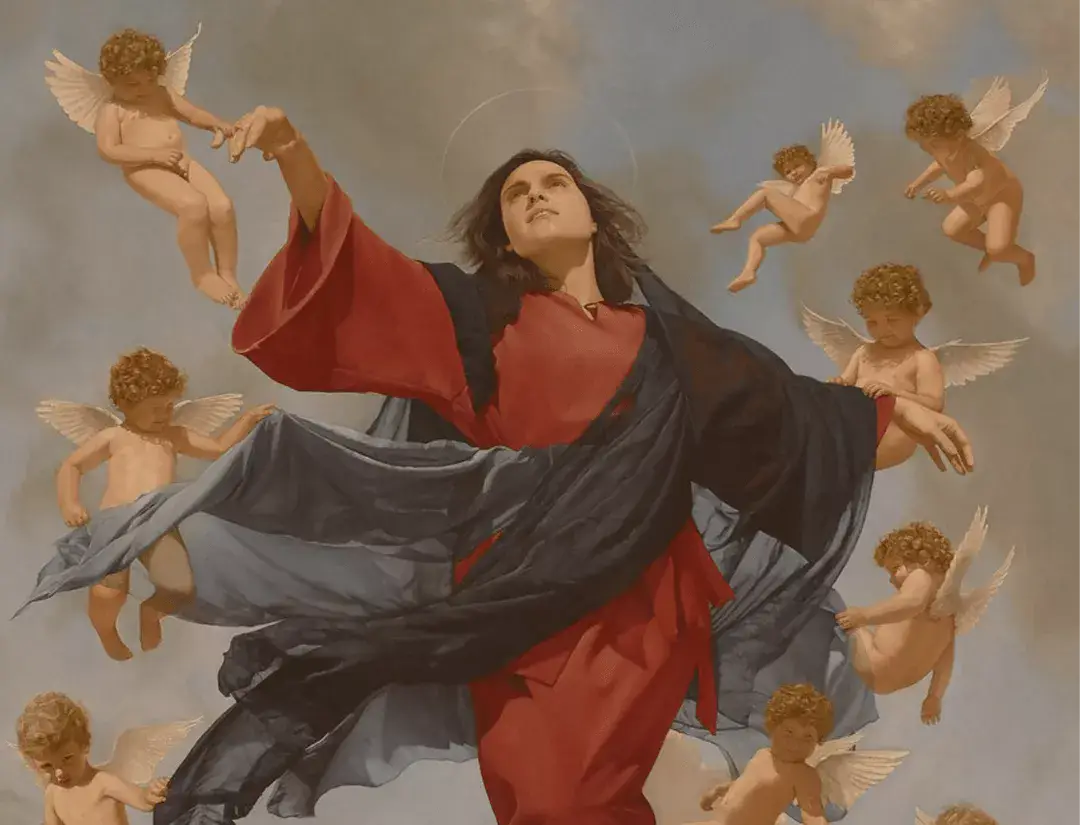Language
 Directory
Directory
Luke
Lazarus and the Rich Man

1. The story of Lazarus and the Rich Man is a parable told by Jesus in the Gospel of Luke (Luke 16:19-31).In the parable, Jesus depicts a wealthy man who lived a life of luxury and abundance, referred to as the rich man. This rich man dressed in fine clothes and feasted lavishly every day. At the gate of his house lay a beggar named Lazarus, who was covered in sores and desired to eat the scraps that fell from the rich man's table. However, the rich man ignored Lazarus and did not show him any compassion or care.
2. Eventually, both Lazarus and the rich man died. In the afterlife, Lazarus was carried by angels to the side of Abraham, which was considered a place of honor and rest. The rich man, on the other hand, found himself in a place of torment, often referred to as Hades.
3. From Hades, the rich man looked up and saw Lazarus resting in Abraham's bosom. Feeling intense anguish, he called out to Abraham for mercy and relief. He requested that Lazarus be sent to dip the tip of his finger in water to cool his tongue, as he was tormented by the flames of Hades. However, Abraham explained that there was a great chasm between them, making it impossible to cross from one side to the other.
4. The rich man then asked Abraham to send Lazarus back to the world of the living to warn his five brothers about the torment of Hades, hoping to prevent them from suffering the same fate. Abraham replied that his brothers already had Moses and the prophets to guide them. If they did not listen to their teachings, they would not be convinced even if someone were to rise from the dead.
5. The story of Lazarus and the Rich Man holds several significant meanings:
6. Warning against the dangers of wealth and indifference: The story highlights the dangers of wealth when it leads to a disregard for the suffering of others. The rich man's neglect and indifference towards Lazarus serve as a powerful reminder to show compassion and care for those in need.
7. Reversal of fortunes in the afterlife: The parable demonstrates a reversal of earthly circumstances in the afterlife. Lazarus, who suffered in poverty on earth, finds comfort and bliss in the presence of Abraham. In contrast, the rich man, who enjoyed worldly pleasures, experiences torment and agony. This illustrates that one's actions and choices in this life have eternal consequences.
8. The permanence of decisions and consequences: The story emphasizes the finality and irrevocability of the choices made during a person's lifetime. Once in the afterlife, there is no possibility of changing one's destiny. It underscores the importance of making righteous choices and living a life pleasing to God.
9. Sufficiency of divine revelation: The rich man's request to send Lazarus back from the dead to warn his brothers reflects the desire for extraordinary signs or miracles as proof of God's existence and judgment. Abraham's response highlights the sufficiency of the teachings found in the Scriptures, represented by Moses and the prophets, reminding us of the importance of listening to and heeding God's word.
10. The story of Lazarus and the Rich Man serves as a powerful moral lesson about the proper use of wealth, compassion for others, and the eternal consequences of our actions. It calls us to reflect on our attitudes towards material possessions, the marginalized in society, and the choices we make in light of our ultimate destiny.




 Previous
Previous







